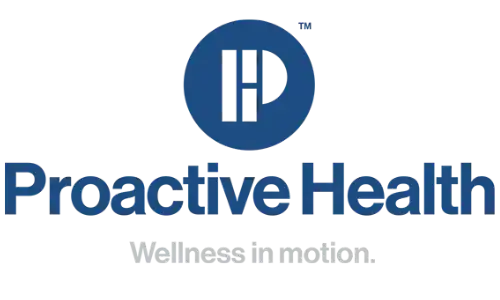How Musculoskeletal Physiotherapy Treats Conditions Including Back Pain
Introduction to Musculoskeletal Physiotherapy
Understanding Physiotherapy
- Definitions and Principles
Physiotherapy involves using physical methods, like massage, exercise, and modalities, to promote healing and restore function and movement. - Key Benefits for Musculoskeletal Conditions
Physiotherapy helps alleviate pain, enhance mobility, and improve quality of life, making it crucial for treating musculoskeletal conditions.
The Role of Physiotherapy in Treating Musculoskeletal Conditions
- General Approaches
Treatment plans may include manual therapy, exercises, and education about pain management and injury prevention. - Specific Techniques Used
Techniques such as Fascial Stretch Therapy and ultrasound therapy are employed to treat specific symptoms and conditions.
Common Musculoskeletal Conditions Treated by Physiotherapy
Overview of Musculoskeletal Conditions
- Types of Conditions
This includes chronic conditions like arthritis, acute sports injuries, and back pain. - Impact on Quality of Life
Chronic pain can significantly affect daily activities, mental health, and overall well-being.
Focus on Back Pain
- Causes of Back Pain
Common causes include poor posture, occupational hazards, accidents, and sports injuries. - Symptoms and Diagnosis
Identifying the right symptoms and using diagnostic tools is crucial. For an in-depth diagnosis, consider Physiotherapy sessions that use the latest tools for accurate assessment.
Treatment Approaches for Back Pain
Physiotherapy Techniques for Back Pain
- Manual Therapy
This technique involves hands-on manipulation of muscles and joints to decrease pain, enhance circulation, and improve mobility, often incorporating methods from Registered Massage Therapy. - Exercise Therapy
Focused exercises are used to strengthen the back, increase flexibility, and support proper posture. Techniques from Kinesiology are applied to ensure exercises are performed accurately and effectively.
Tailored Treatment Plans
- Assessment and Customization
Each patient receives a thorough assessment using the latest diagnostic techniques available at Proactive Health. Treatment plans are then customized to address specific needs, conditions, and recovery goals. - Patient-Centered Care Approaches:
Emphasizing a patient-centered approach, treatments may include a combination of Physiotherapy, Active Rehab, and Bodyworker techniques to ensure holistic care and optimal recovery.
Effective Exercises for Back Pain
Core Strengthening and Flexibility
- Specific Exercises
Incorporating exercises such as planks, bird dogs, and gentle yoga stretches can significantly strengthen the core, which supports the lower back. Kinesiology professionals can provide personalized routines that are tailored to individual capabilities and recovery goals. - Guidelines for Safe Exercise
It is crucial to maintain proper form to avoid additional strain. Starting with low-intensity exercises and gradually increasing the difficulty as strength and flexibility improve can help prevent injuries. Regular assessments with a Physiotherapist can ensure that the exercises are being performed correctly.
Role of Exercise in Pain Management
- How Exercise Contributes to Recovery
Regular exercise helps increase blood flow to the affected area, promoting healing and reducing inflammation. It also releases endorphins, which are natural pain relievers produced by the body. - Long-term Benefits of Regular Exercise
Sustained physical activity not only helps mitigate the immediate symptoms of back pain but also strengthens the body against future back issues. Engaging in a consistent exercise regimen designed by Kinesiology experts can enhance overall physical health and significantly reduce the risk of recurring back pain.
Comparing Therapies for Back Pain
Physiotherapy vs. Other Treatments
- Effectiveness of Physiotherapy
Physiotherapy is recognized for its effectiveness in treating back pain, emphasizing customized exercises, manual therapy, and patient education to facilitate recovery and prevent future injuries. - When to Consider Other Options
While physiotherapy is often sufficient for many cases of back pain, severe or complex cases may require integrated treatments, including Registered Massage Therapy or medical interventions, depending on the nature and severity of the condition.
Preventive Measures and Long-Term Care
Importance of Prevention in Physiotherapy
- Lifestyle Changes: Simple lifestyle adjustments, such as improving posture, enhancing workplace ergonomics, and incorporating regular physical activity, can significantly reduce the risk of developing back pain.
- Ongoing Care and Maintenance: Continuing with regular Physiotherapy sessions and adhering to prescribed exercise routines can help maintain spinal health and prevent the recurrence of back pain.
FAQ: Addressing Common Queries Related to Back Pain
Is physiotherapy good for back pain?
Physiotherapy is highly effective for managing and alleviating back pain. It uses a variety of techniques tailored to individual needs, focusing on pain relief, functional improvement, and preventive education.
How do I know if my back pain is a disc or muscle?
Distinguishing between disc and muscle pain requires medical evaluation. Symptoms like persistent pain radiating to other parts of the body suggest disc issues, whereas localized soreness might indicate muscular problems. Physiotherapy can provide assessments and appropriate treatments.
What are the red flags for back pain?
Red flags include severe pain that does not improve with rest, pain at night, and symptoms like fever, unexplained weight loss, or significant motor weakness. Immediate medical consultation is advised in these cases.
Which therapy is best for back pain?
The best therapy depends on the specific case, but Physiotherapy often serves as a foundational treatment due to its non-invasive nature and effectiveness in treating various types of back pain. Integrating other therapies like Kinesiology and Fascial Stretch Therapy may also enhance outcomes depending on individual needs.
For personalized care and the latest in diagnostic tools in physiotherapy, consider booking an appointment with Proactive Health. Our comprehensive services include Physiotherapy, Registered Massage Therapy, Kinesiology, Fascial Stretch Therapy, Active Rehab, and Bodyworker sessions.



